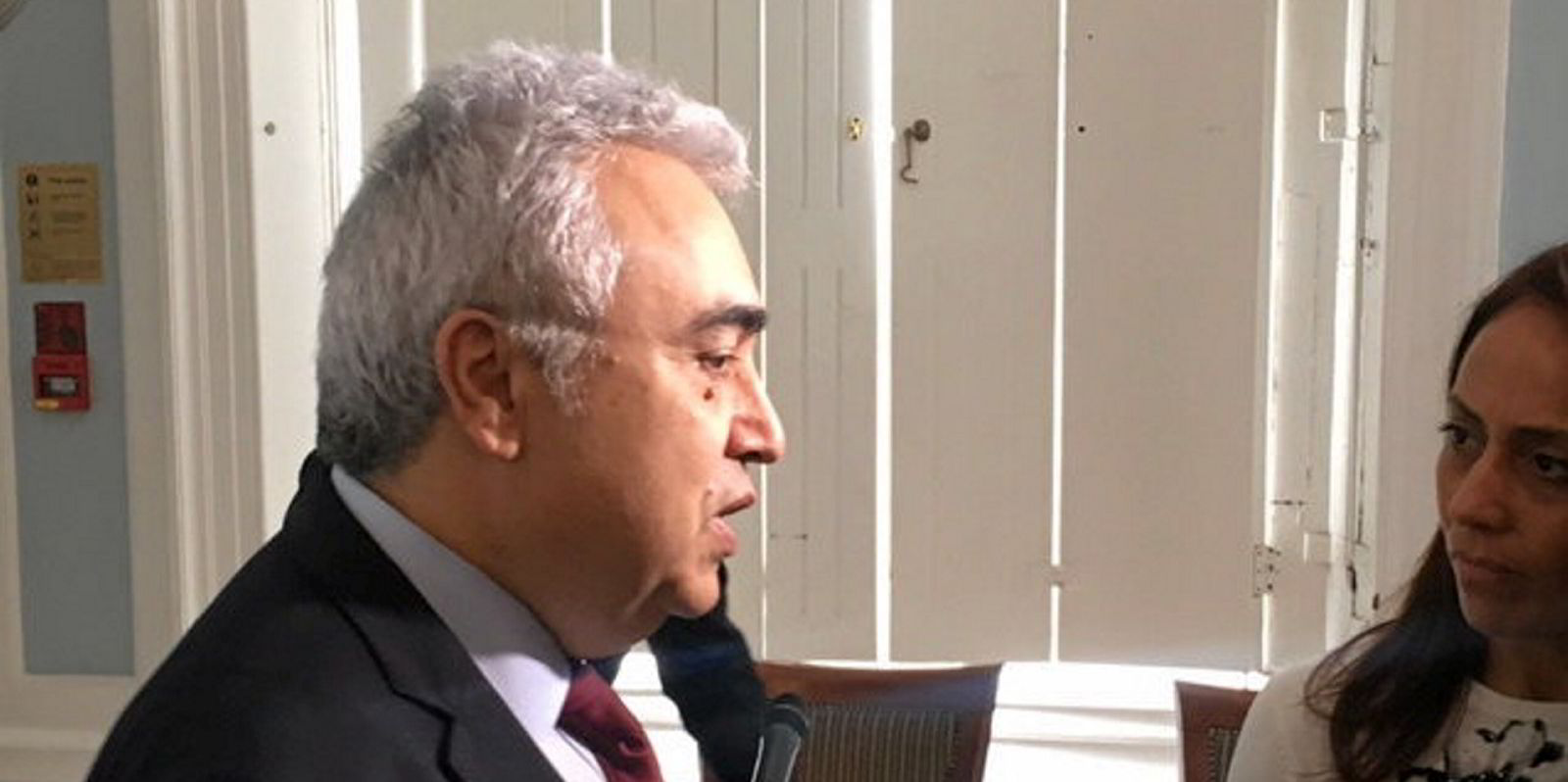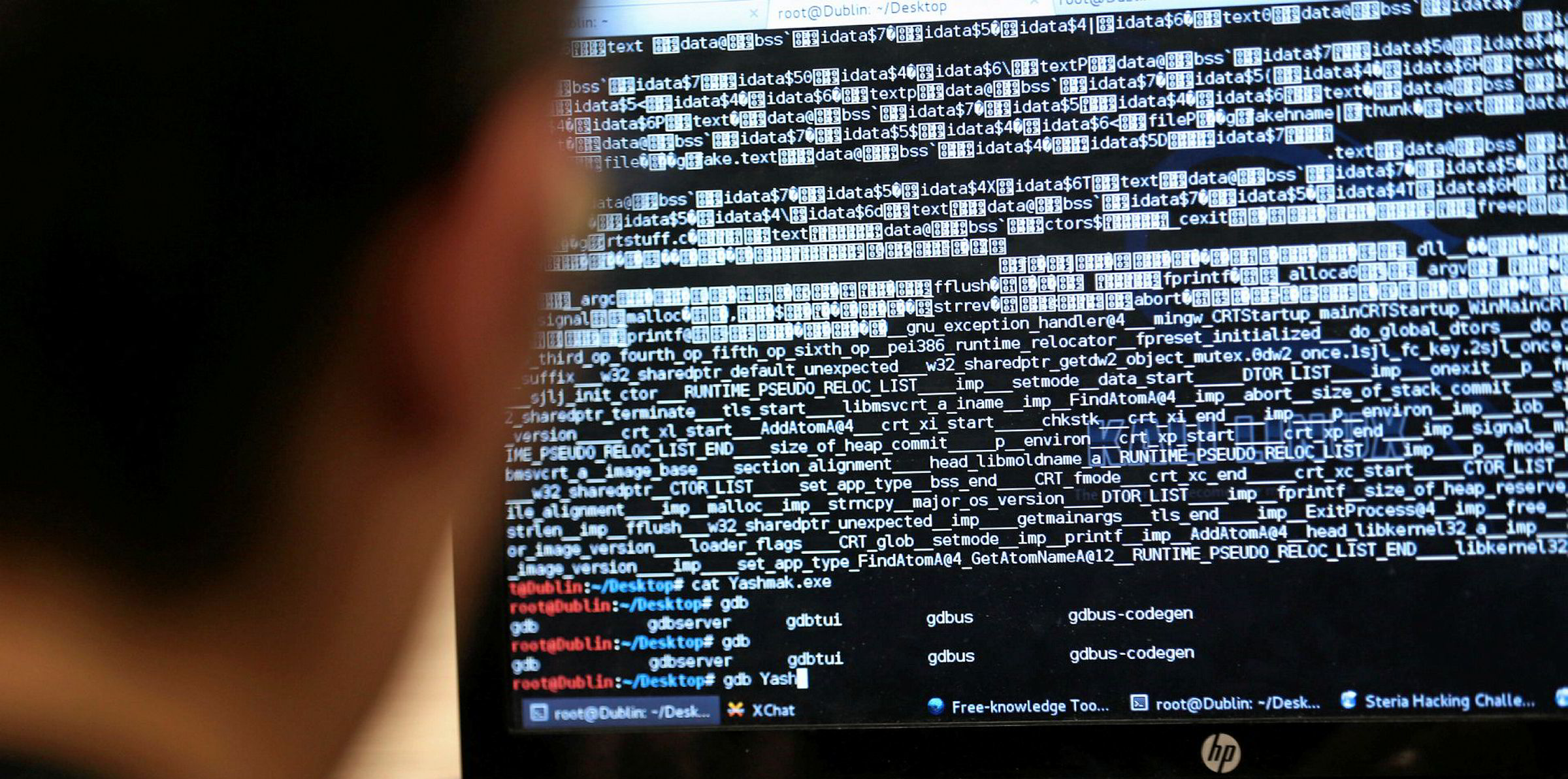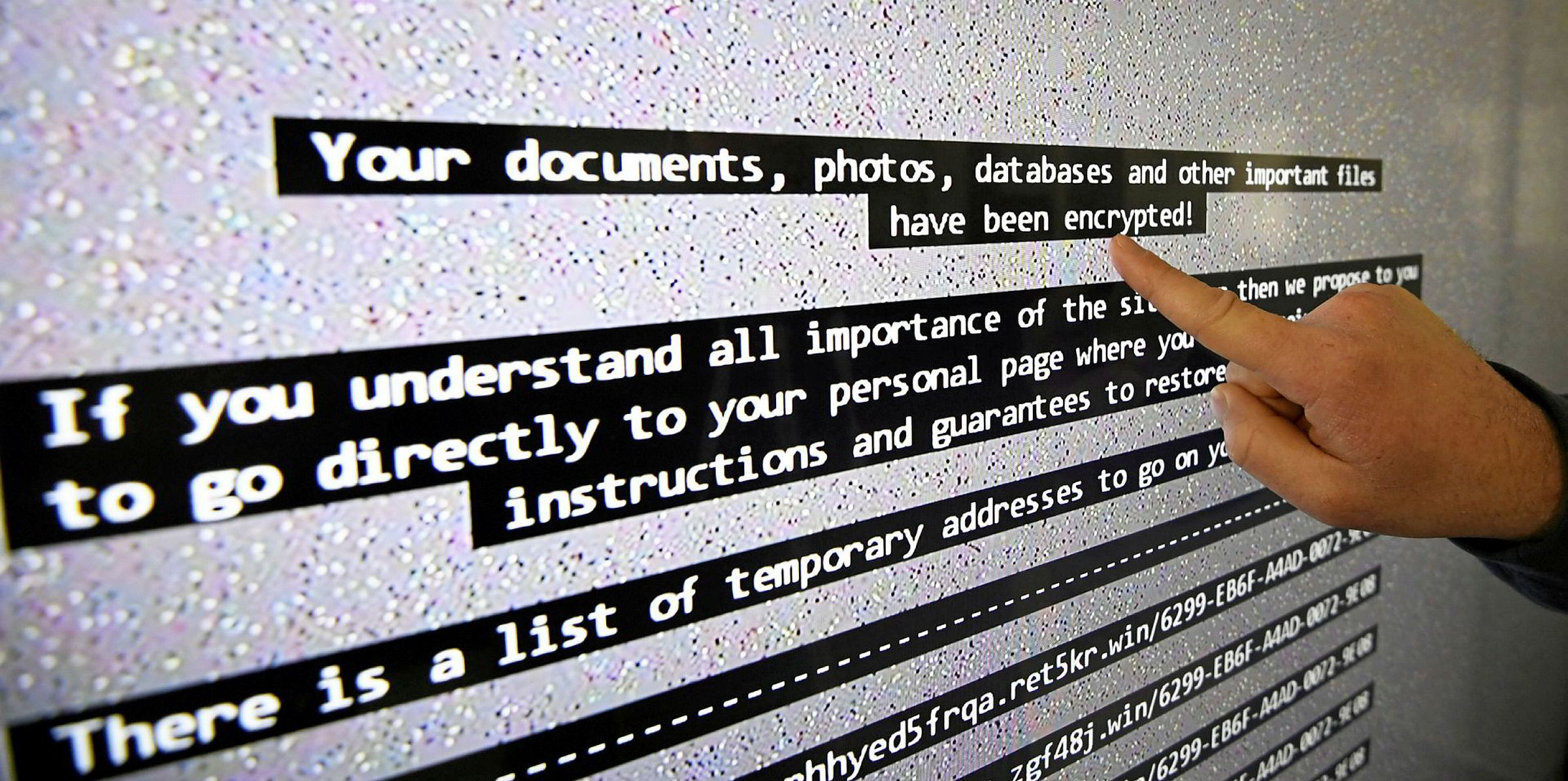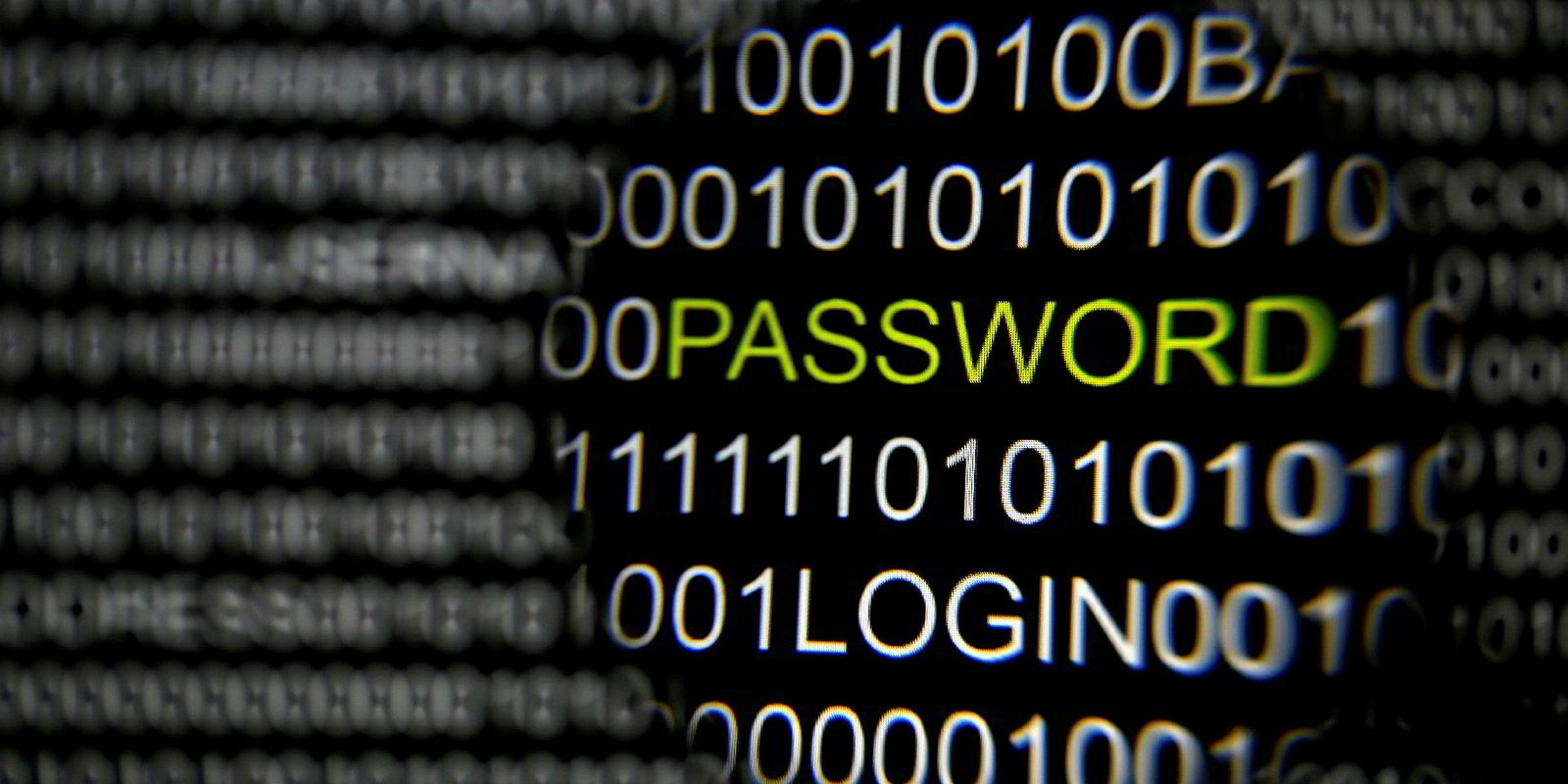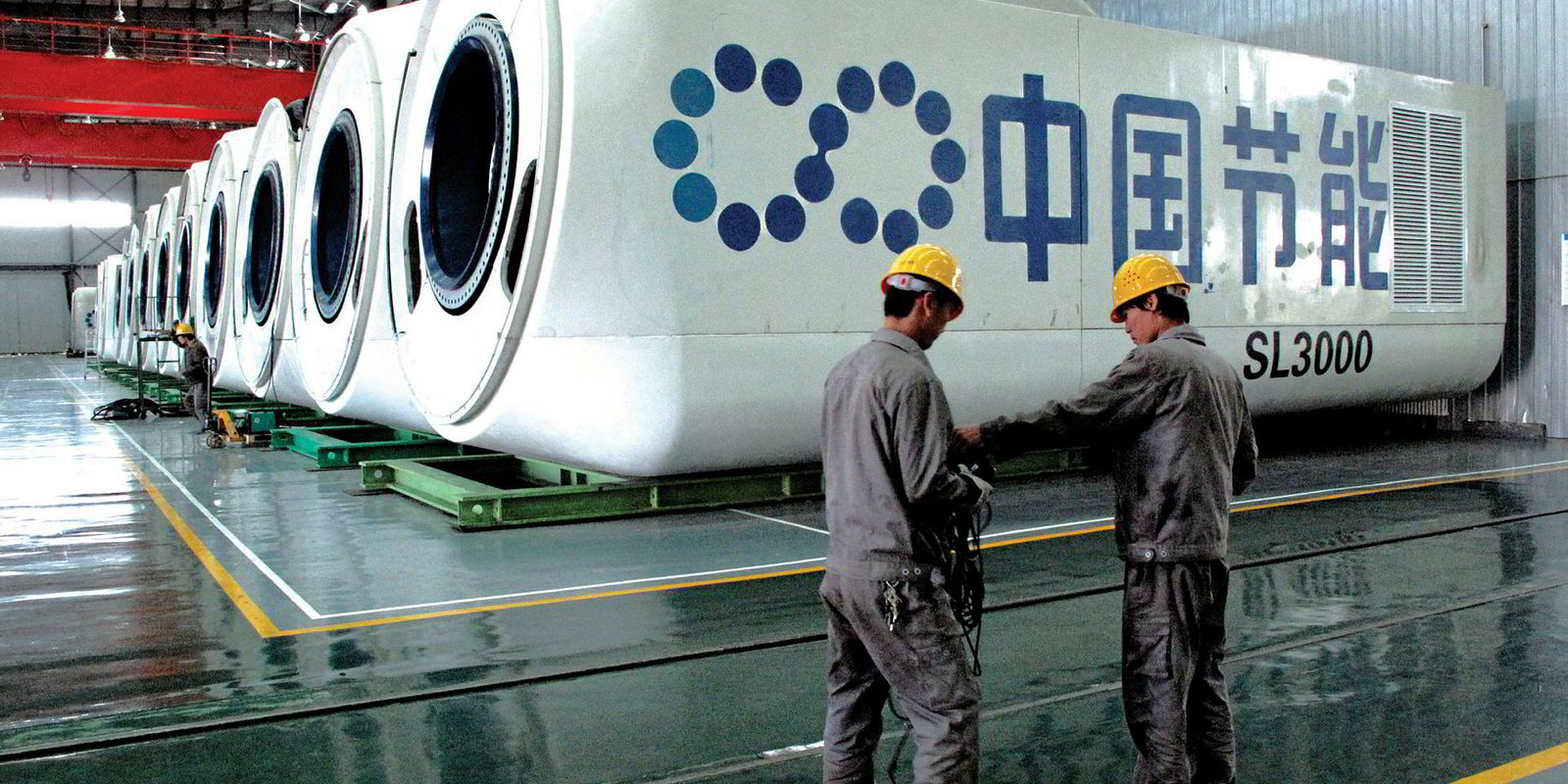Global electricity systems undergoing a major structural change to accommodate renewables face a “substantial and growing” threat of cyberattacks and increased disruption caused by climate-driven extreme weather events, warns global energy watchdog the International Energy Agency (IEA).
In a major study entitled Power Systems in Transition, the IEA said digitalisation offers many benefits for electricity systems and the transition to clean energy. But at the same time, the rapid growth of connected energy resources and devices is expanding the potential for cyberattacks, while increased connectivity and automation throughout the system is raising risks to cybersecurity.
“The threat of cyberattacks on electricity systems is substantial and growing. Threat actors are becoming increasingly sophisticated at carrying out attacks. A successful cyberattack could trigger the loss of control over devices and processes, in turn causing physical damage and widespread service disruption.
“While the full prevention of cyberattacks is not possible, electricity systems can become more cyber resilient – to withstand, adapt and rapidly recover from incidents and attacks while preserving the continuity of critical infrastructure operations,” said the report.
IEA executive director Fatih Birol also flagged the impact of the climate emergency on networks.
Birol said “the effects of climate change mean that systems need to become more resilient to the impacts of rising temperatures and extreme weather events. This can be accomplished through better standards that guide the necessary investments”.
The IEA said enhancing the resilience of electricity systems to climate change brings multiple benefits. “Climate resilience also facilitates clean energy transitions, enabling more electrification solutions and accelerating the transition to renewable energy technologies, which are often sensitive to a changing climate,” it added.
Update strategies
The Paris-based IEA concludes that the electricity sector is playing a large and growing role in energy systems around the world while undergoing its most dramatic transformation since its creation more than a century ago.
“Electricity is essential for the functioning of modern societies – as the Covid-19 pandemic has highlighted – and for bringing down global emissions. This is why we are continuing to expand and deepen our work on electricity security,” said the body.
The report highlights that many countries enjoy a high level of electricity security thanks to centrally controlled systems, relatively simple supply chains, and power plants that can supply electricity whenever needed.
But recent technology and policy developments are now radically changing the sector and with it, the electricity security model that has prevailed for the past century.
The IEA said these developments include steep declines in the costs of variable renewables from wind and solar power, the trends of decentralisation and digitalisation, and the impacts of climate change.
The challenge for governments and utilities is to update policies, regulations and market designs to ensure that power systems remain secure throughout clean energy transitions. An essential goal is to make systems more flexible so they can smoothly accommodate the production from wind and solar.
The report said this includes making the best use of the flexibility on offer from existing power plants that can generate electricity when required, as well as increasing investment in grids and other sources of flexibility such as demand-side technologies and storage resources.
However, global investment in these areas is declining, a trend that has been exacerbated by the Covid-19 crisis. An increase in investments should be facilitated by better-designed markets that reward power system resources that deliver flexibility and capacity.
The Power Systems in Transition report is being launched today at a ministerial conference being co-hosted by the IEA and the Singapore government.
